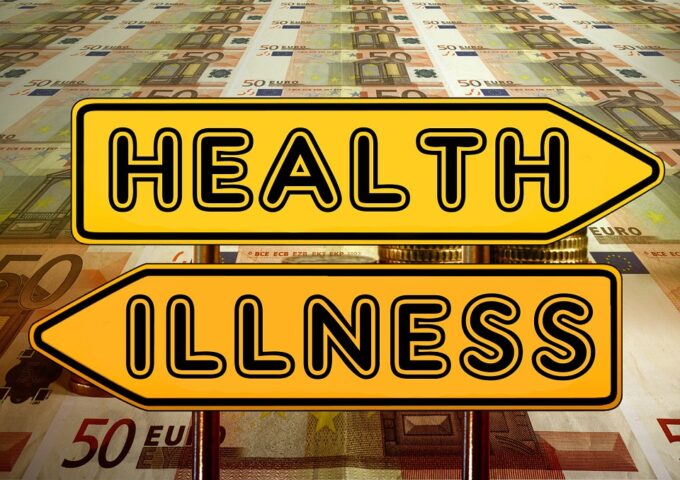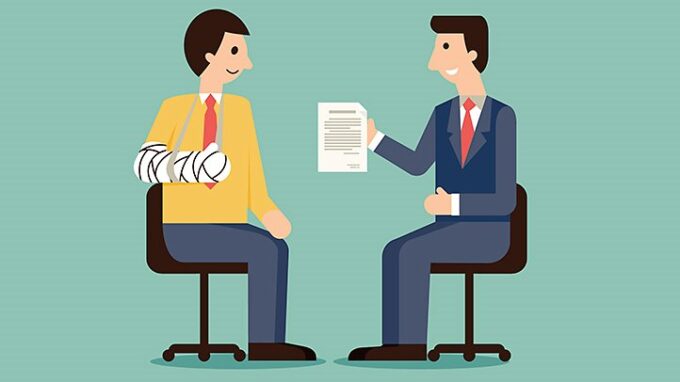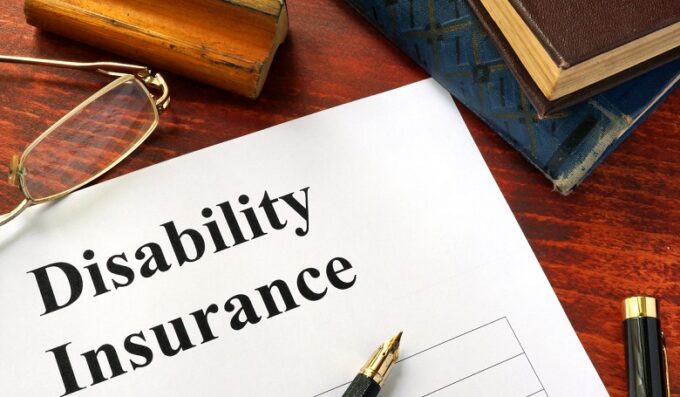You probably have car insurance, health, or property cover, but what about disability insurance? If you don’t have one, you have nothing to replace your income when an illness or injury prevents you from working.
Disability insurance guarantees a safe sail financially by protecting you against unforeseen medical issues. Even if it’s a short-term illness, you can benefit from short-term disability insurance. What is it?
Read on to find out what disability insurance is all about.
What is Disability Insurance?

Disability insurance is a cover that assures you access to a portion of your earnings in case you are not working for a certain period. It could be because of a short illness or an injury that makes it difficult for you to go to work. The cover comes in two options, long-term or short-term.
How Does it Work?
A disability cover is an agreement between you (the insured) and an insurance company, where you pay a monthly premium. In turn, the insurance company provides you security, promising to pay a portion of your salary if you are out of work because of a disability.
It includes the following details:
- Premium: The amount you are required to pay monthly to enjoy the coverage.
- Definition of disability covered: Every insurance company has different terms that dictate the type of cover they offer. Some might offer to pay you benefits even if you can still work an extra job while disabled, while others do not pay if you can still work, even if it is in a different field.
- The amount payable as benefits: The cover dictates the amount you expect to receive when you are out of work. Most insurance companies pay up to 75% of your income.
- Period covered: It could be a few months, years, or even up to a specific age.
What Does it Cover?

Disability insurance provides coverage to injuries or any form of sickness that prevents the insured from working. Most people generalize the term disability to either accident-related issues like broken legs or congenital disabilities. That is not the case; any form of defect that prevents you from working is a form of disability.
It’s estimated that more than 25% of young people within their 20’s my experience at least 90 days out of work due to disabilities before retirement. These disabilities could involve back pains, depression, cancer, heart attacks, or even stroke.
Although it does not mean the apparent assumptions of disability like broken legs are not covered, it only clarifies the fact that the term disability is too broad to be specific.
How to Acquire a Disability Insurance Cover
Disability insurance cover can be secured as an individual cover or as a group disability cover. They are offered by different insurance companies, each with different terms.
If you choose an individual disability cover, you pay a monthly premium to the insurance company. The best part of it is that you maintain it for as long as you keep contributing. It is not affected even if you were to lose employment. You can still get one even if you have a group cover.
The next option is the group disability cover, which is mostly offered by the employer. In this cover, a group of people contracts the insurance to provide them with a group cover at a friendly price. The employer can either pay the full premium or spread it as part of employee deductions.
The Underwriting Process

When issuing the covers, the insurance company accesses the applicants to know the risk involved in covering the individuals. It is precise, especially for individual coverage that requires underwriting, unlike in group covers where the risk is spread over to the number of people getting the cover. Here are some of the factors considered for underwriting:
- Age: The older the applicant, the higher the risk of disability, so the higher the cost. It is why people are encouraged to apply for the cover when they are still young.
- Gender: Women pay a higher premium than their male counterparts. It is because women contribute to the highest population of beneficiaries from such covers. They are also the group that applies for more extended coverage.
- Health status: People with a history of chronic diseases or addicts tend to pay more in terms of coverage.
- Job occupation: If your job exposes you to a higher risk, the more you pay as a premium.
- Annual income: Disability insurance pays benefits up to 70% of your income, so the higher your income, the more it will pay, so the more insurance companies demand from you.
Is it Worth It?
Everyone should consider getting disability insurance, especially if you depend on a paycheck. These questions should help you find out how much you need it:
- How long would you go without a paycheck?
- What would happen to you if you got permanently or partially impaired?
- How much does your group disability cover give you in terms of coverage?
- Do you qualify for a government disability cover?
If the answers to the above questions are uncertain, you need a disability cover.
Conclusion

A disability cover goes a long way in protecting you against unforeseen events that would affect your work. But make sure to do thorough research before settling for a particular insurance company and read and understand their terms.









